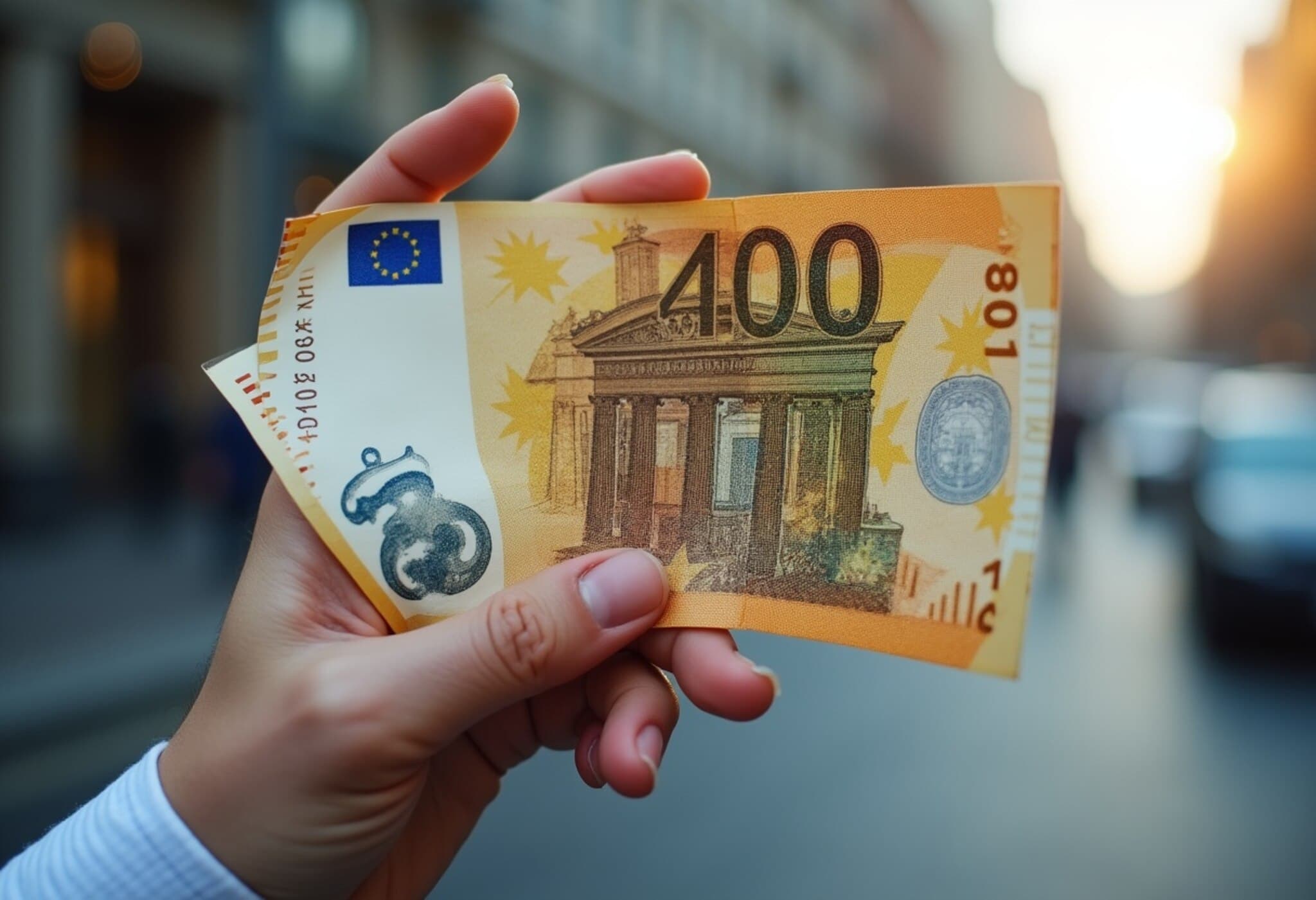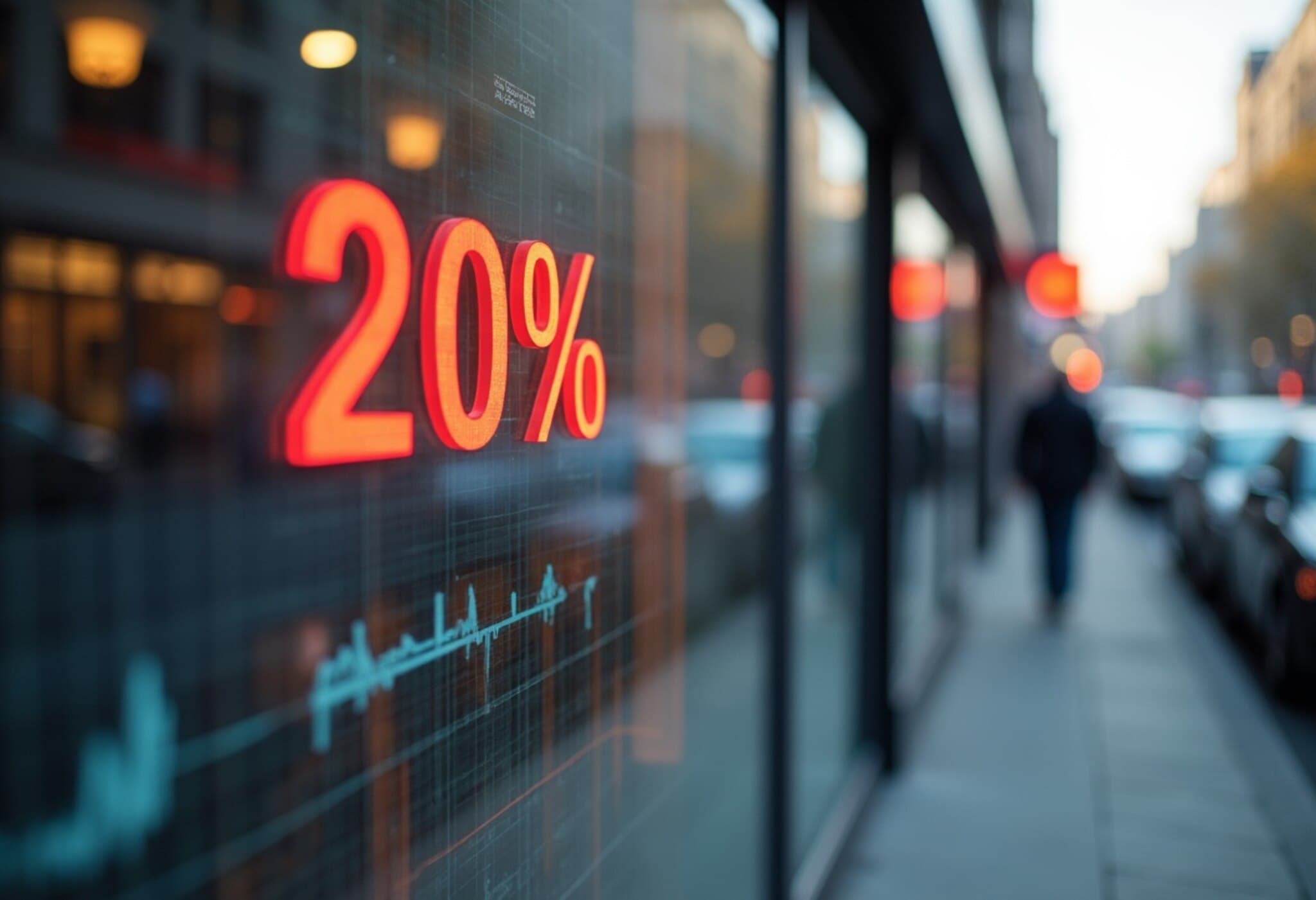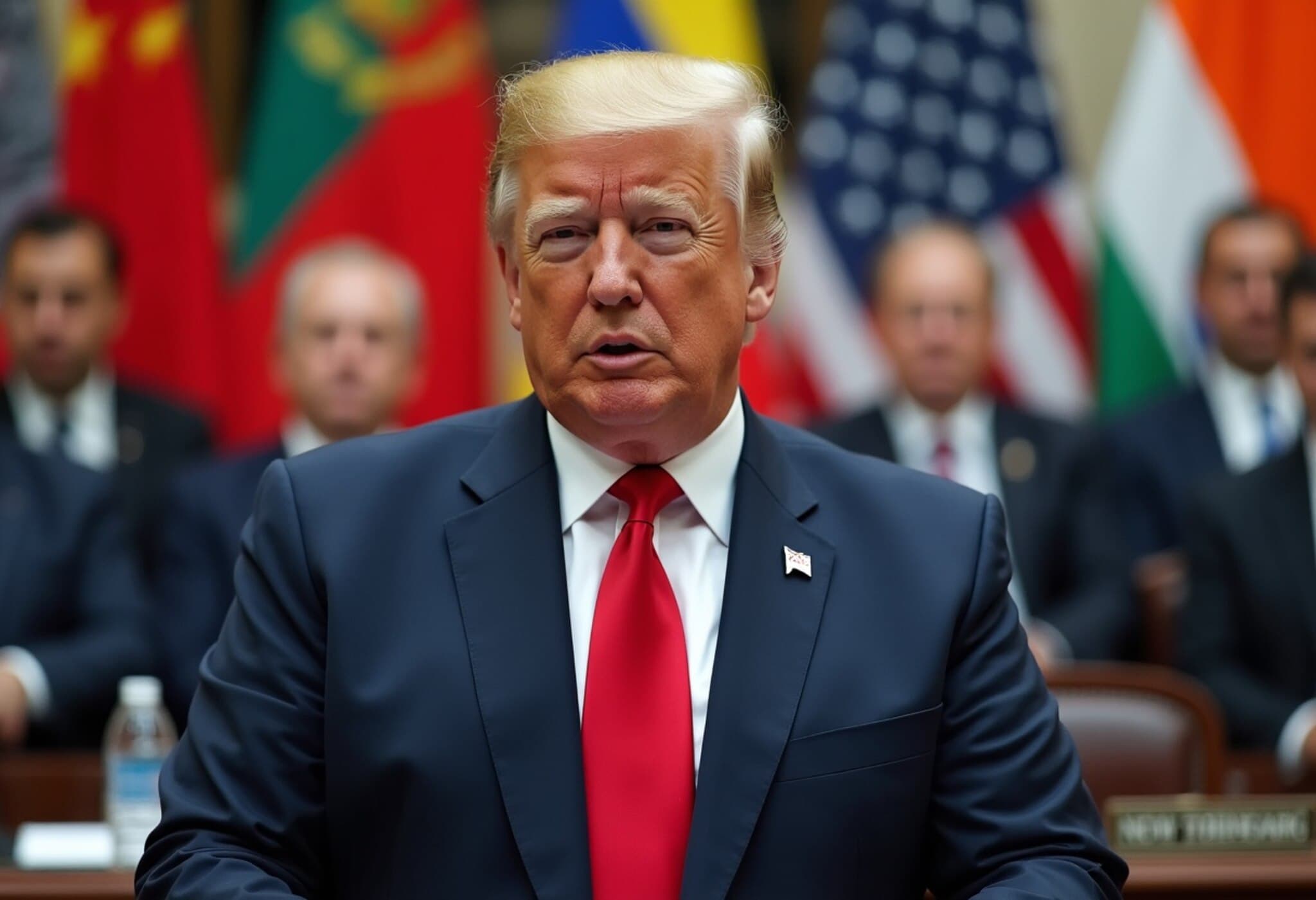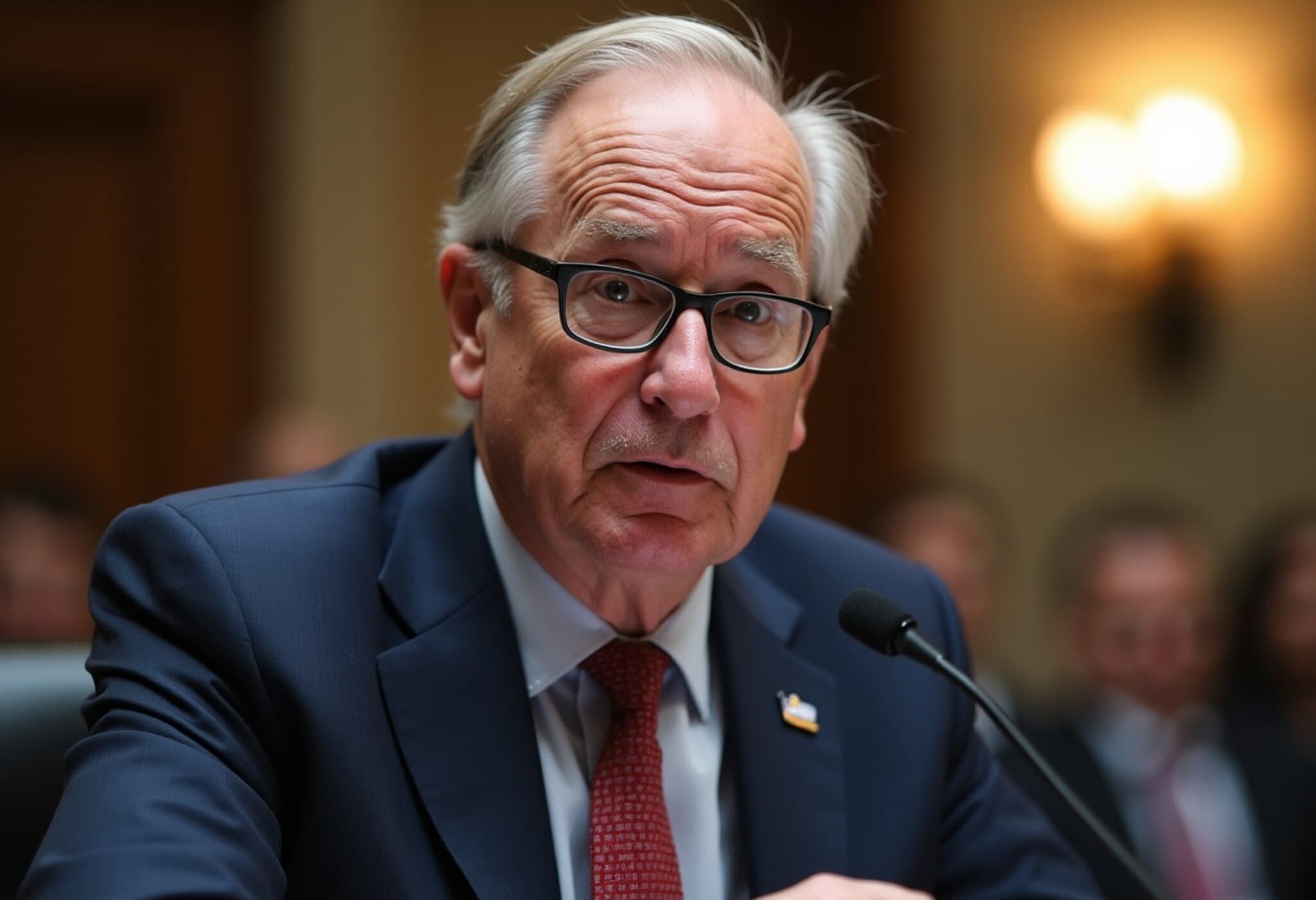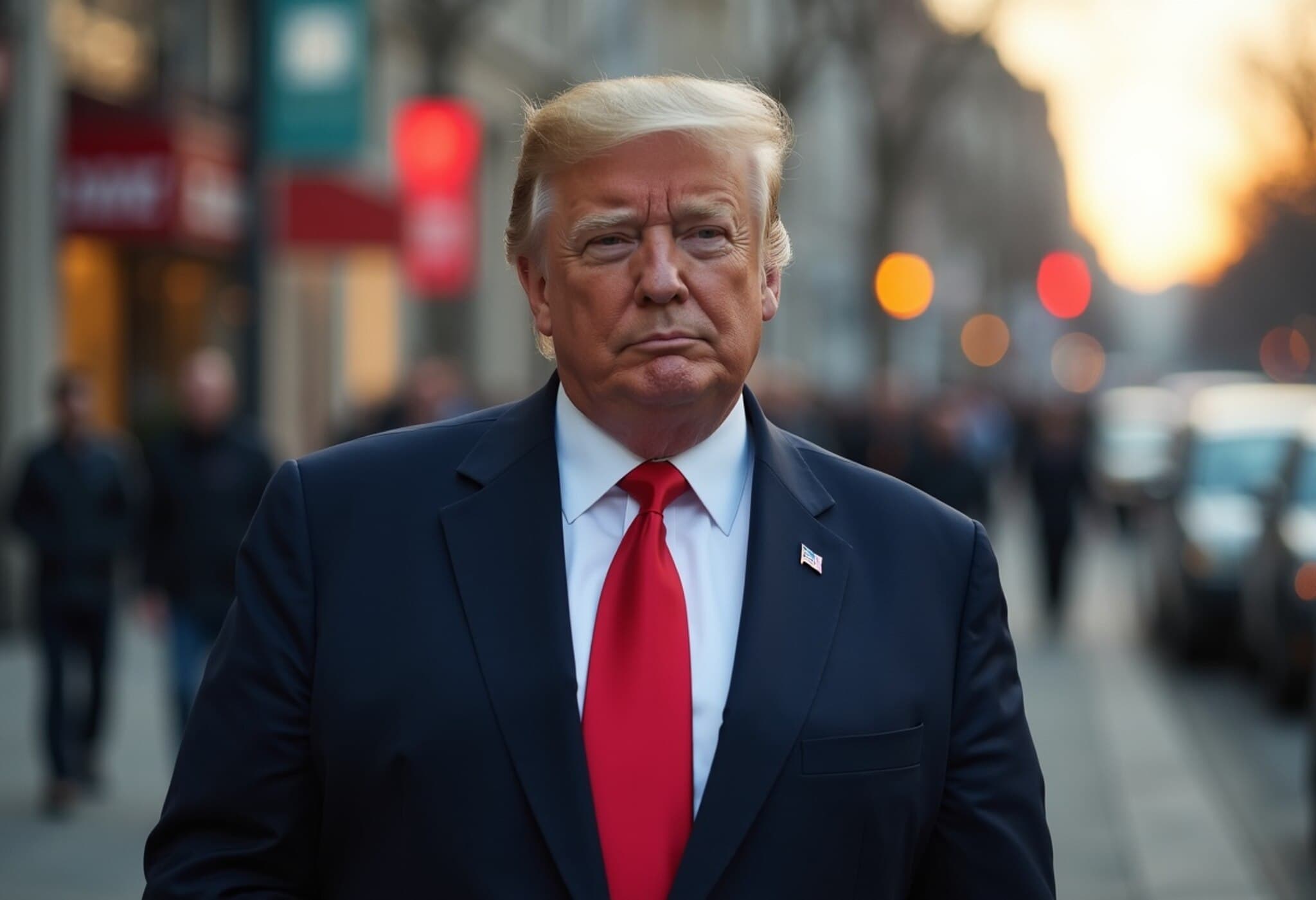Bulgaria Poised to Join Eurozone: A Milestone 19 Years After EU Accession
In a landmark move set for 2026, Bulgaria, the European Union’s poorest member state, is slated to adopt the euro, becoming the 21st country to join the eurozone. This decision follows nearly two decades since Bulgaria’s 2007 EU membership, marking a significant step in the nation’s long journey toward deeper European integration.
Formal Approvals and Economic Significance
On July 8, 2025, EU finance ministers convened to greenlight Bulgaria’s accession after both the European Central Bank (ECB) and European Commission confirmed the country had met all criteria for eurozone membership. Per EU regulations, any member state fulfilling these conditions is obliged to adopt the euro.
This transition will end Bulgaria’s currency board arrangement—a stability mechanism established in the 1990s that pegged the Bulgarian lev first to the Deutsche mark and later to the euro. This arrangement helped Bulgaria combat hyperinflation and economic instability following its shift from a Soviet-style economy to a market-driven system.
Monetary Policy Shifts and Regional Monetary Independence Debates
Bulgaria’s move into the eurozone is not without controversy. Large public protests erupted recently, with thousands voicing fears that abandoning the lev could stoke inflation and erode monetary control. This resistance echoes concerns seen in other Eastern European countries like Poland, Hungary, and the Czech Republic, which have deliberately withheld from adopting the euro to maintain sovereign monetary policies amid ongoing EU membership.
Global Context: Euro’s Rising Appeal Amid Dollar Weakness
ECB President Christine Lagarde has been vigorously advocating for elevating the euro’s status on the world stage, especially as the U.S. dollar experiences sustained volatility. Market analysts note that trade policies under former U.S. President Donald Trump may have contributed to the dollar’s weakening—the worst start to a calendar year in over 50 years—prompting European policymakers to bolster the euro’s global relevance.
Within this context, Bulgaria’s integration fuels the EU’s strategy to unify economic governance and strengthen the euro as a viable alternative currency in a shifting international financial landscape.
Looking Ahead: Bulgaria’s Role in ECB Governance
Upon joining, Bulgaria’s central bank governor, Dimitar Radev, will gain a seat on the ECB’s Governing Council, playing a direct role in shaping eurozone monetary policy. This inclusion not only signals deeper integration but offers Bulgaria a voice in the financial decisions that will affect the broader eurozone economy.
Expert Insight: Balancing Sovereignty with Integration
Economic experts emphasize that Bulgaria’s accession reflects the delicate balance between national sovereignty and collective stability within the EU. While some fear losing independent monetary policy tools, joining the eurozone facilitates smoother trade, attracted investment, and economic discipline enforced by EU standards.
Moreover, Bulgaria’s successful adoption may encourage other hesitant EU members to reconsider eurozone membership, especially amid global financial uncertainties.
Summary
- Bulgaria will join the eurozone in 2026, becoming its 21st member.
- The move aligns with ECB’s efforts to strengthen the euro globally during dollar weakness.
- Public protests highlight concerns over inflation and loss of monetary autonomy.
- Bulgaria’s central bank governor will join the ECB’s influential Governing Council.
- The shift underscores ongoing tension between EU integration and national sovereignty.
Editor’s Note
Bulgaria’s anticipated move to the eurozone marks a pivotal moment not only for its economy but for the European Union’s broader ambition to unify under a common currency. As Bulgaria transitions away from its currency board system toward full euro adoption, observers should watch how this impacts inflation, public confidence, and economic growth. The broader geopolitical context—especially the dollar’s volatility—adds complexity and urgency to the euro’s role as a global currency.
This transition stirs crucial questions about how far national sovereignty can stretch within a supranational monetary union and sets the stage for other EU members deliberating their currency futures. For policymakers, economists, and citizens alike, Bulgaria’s eurozone entry serves as a real-world test case of integration’s promises and challenges.

